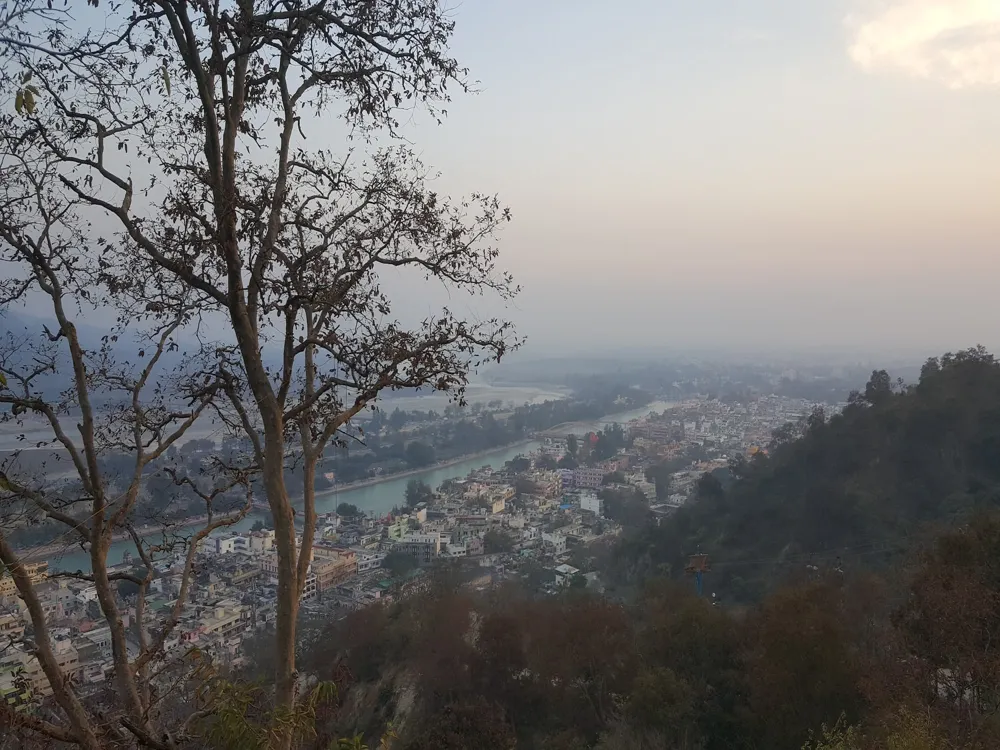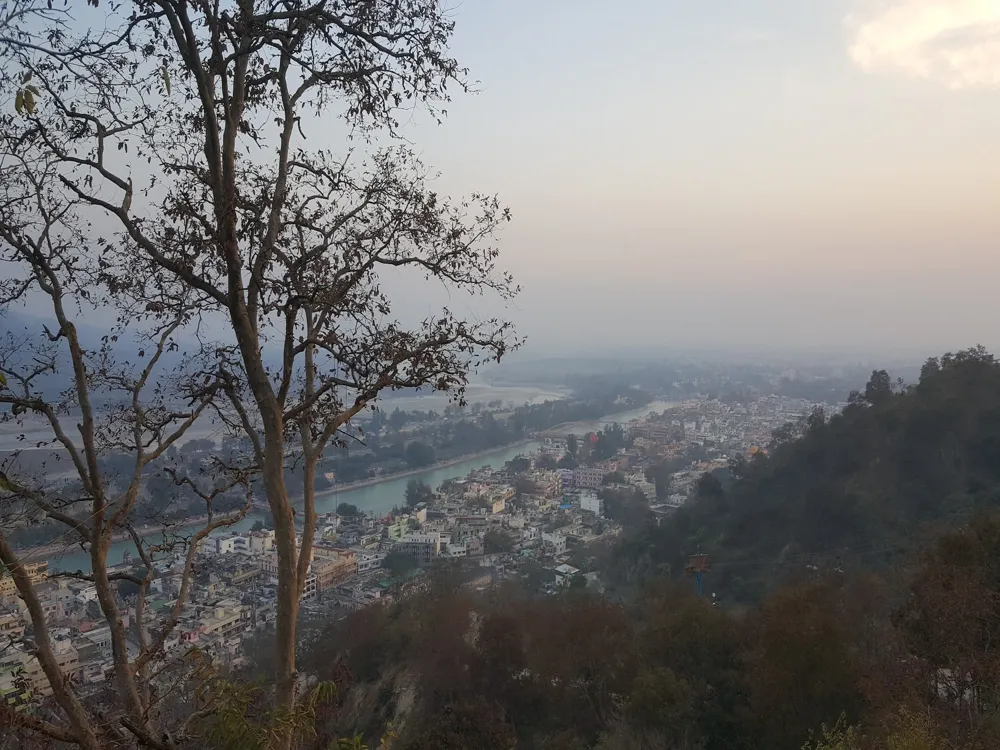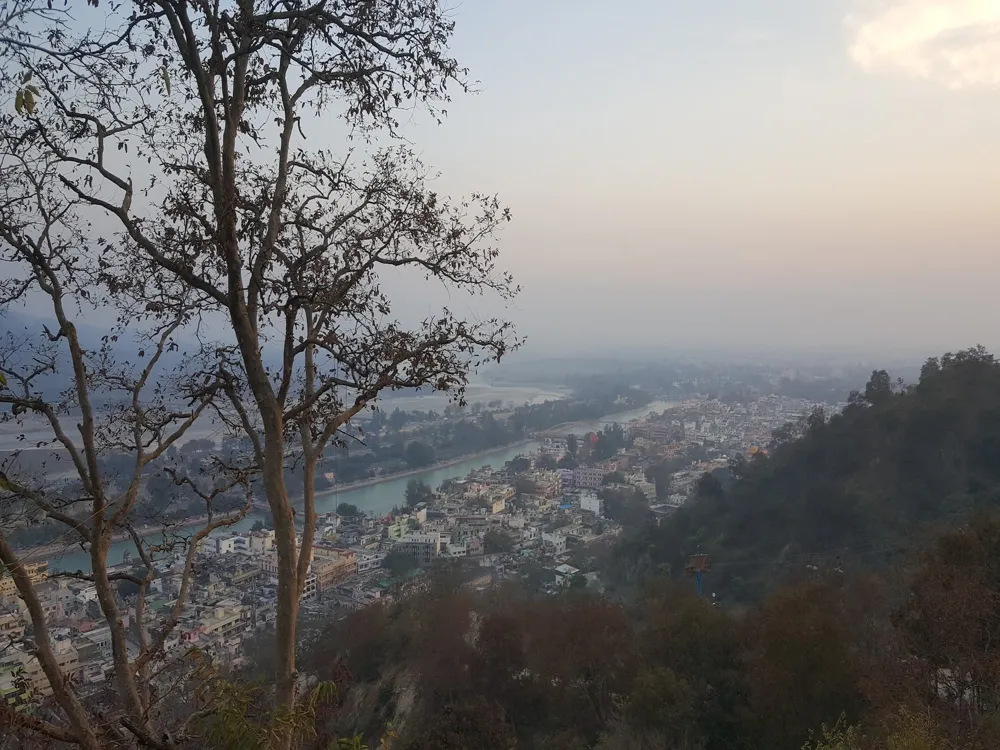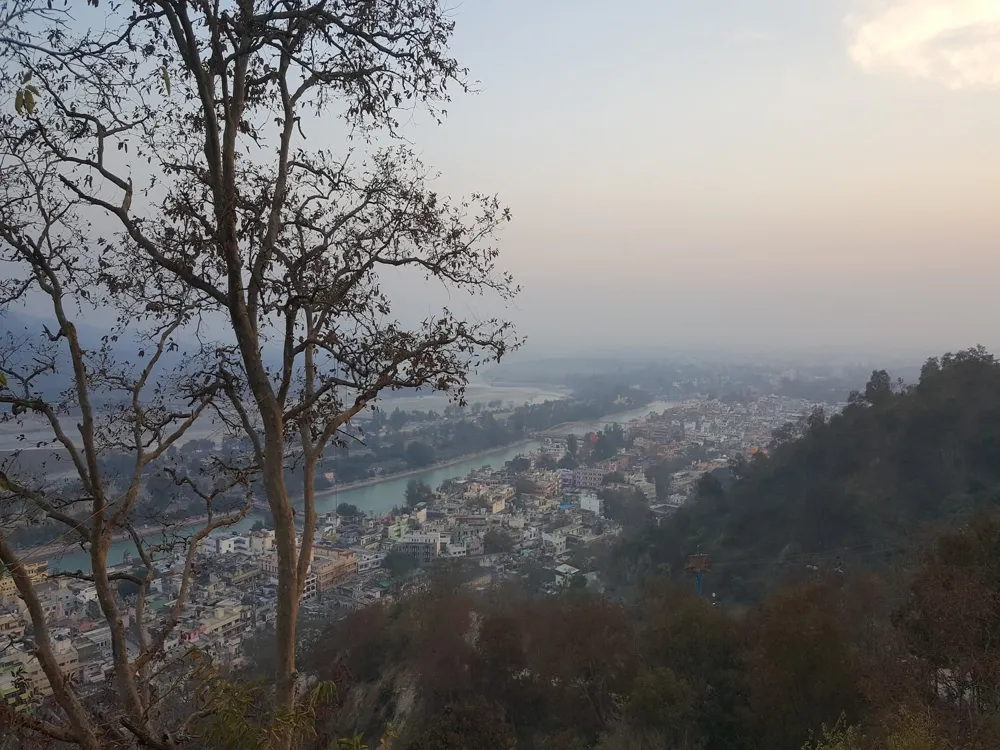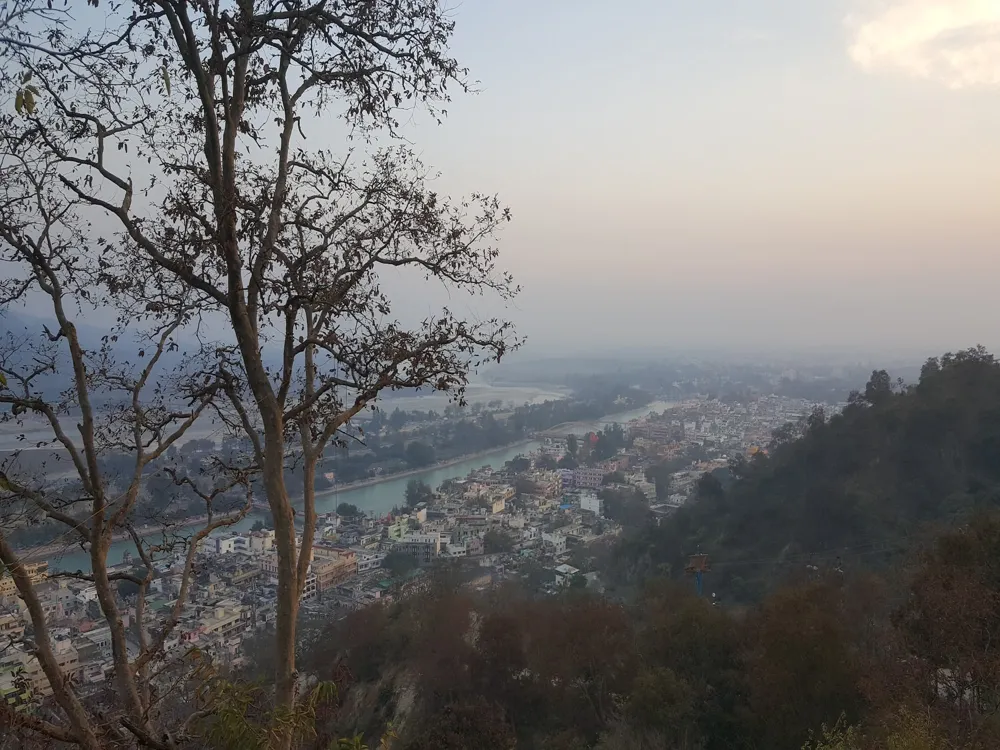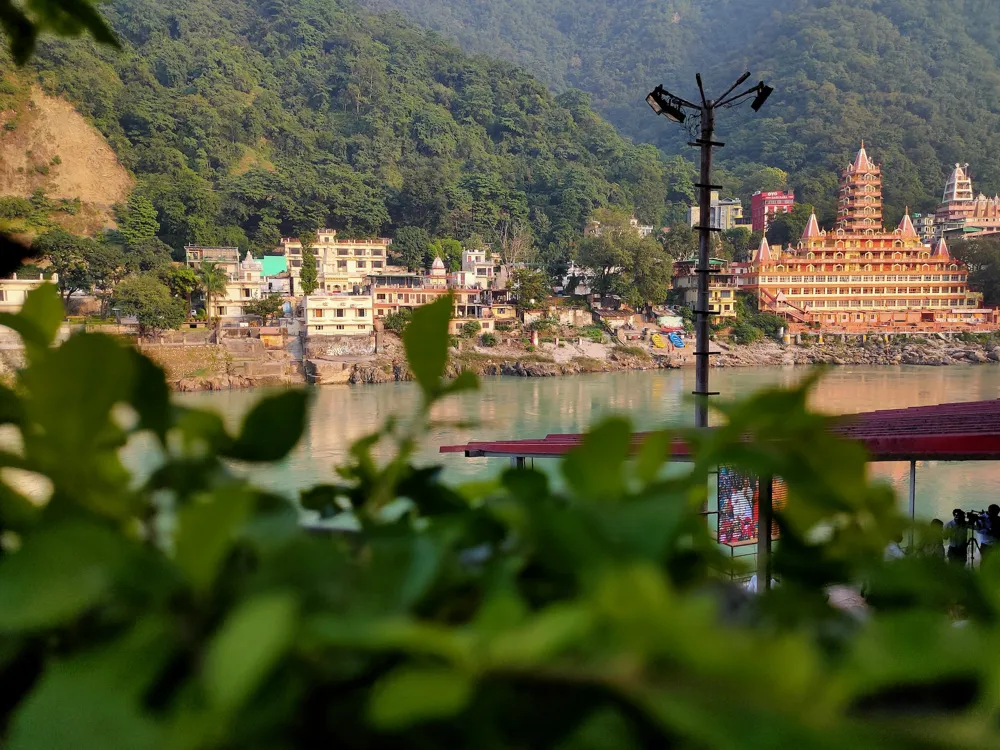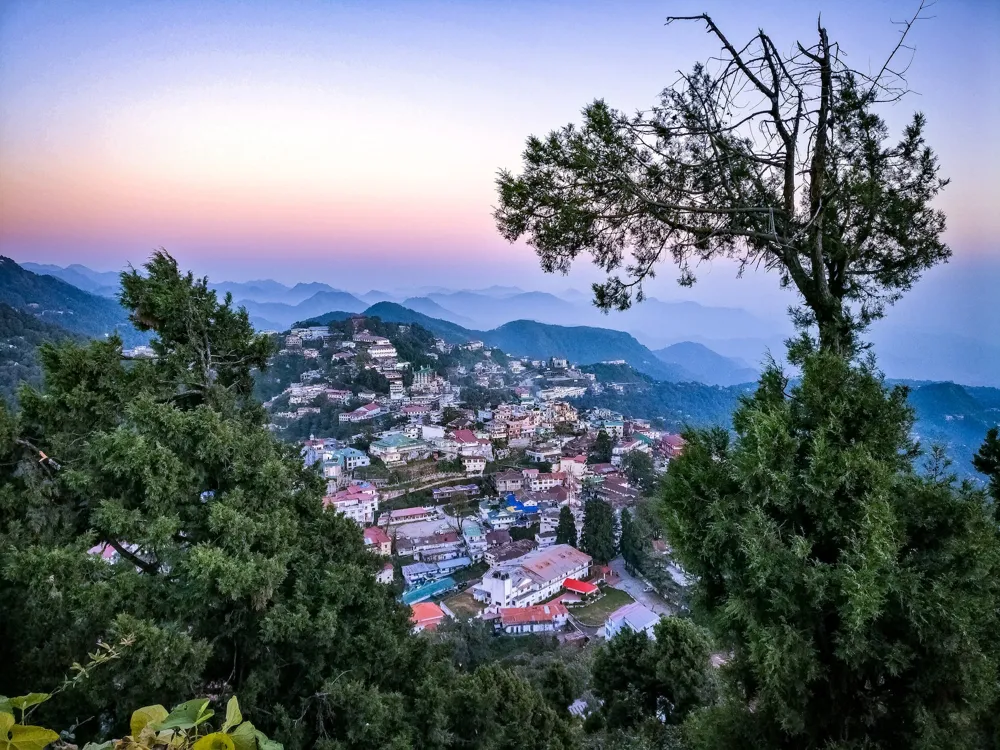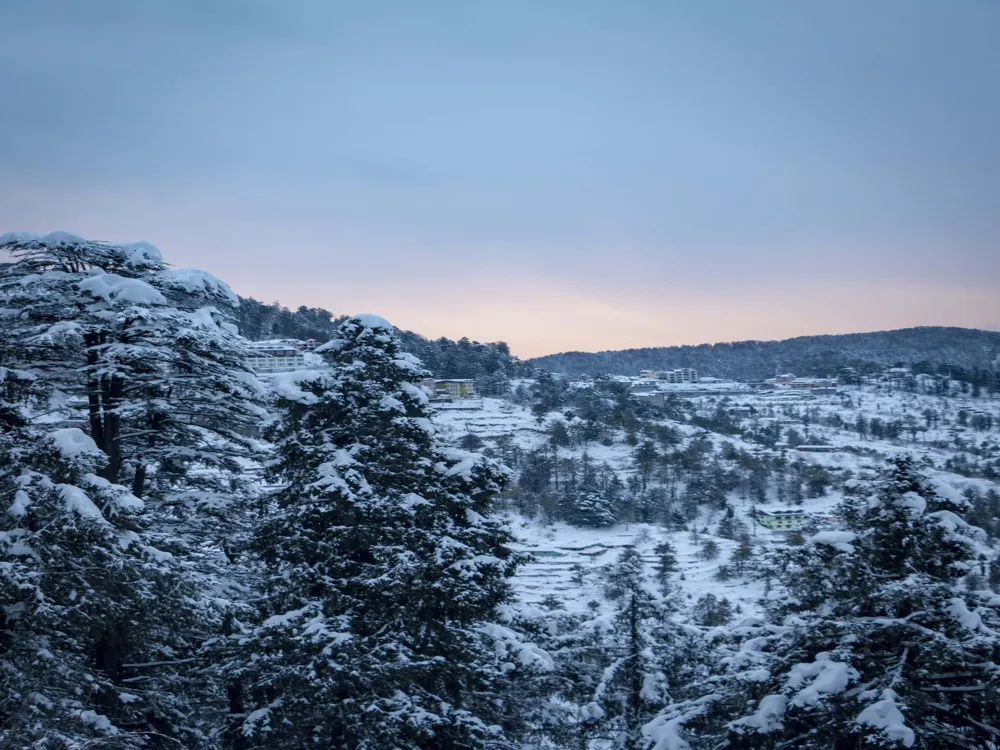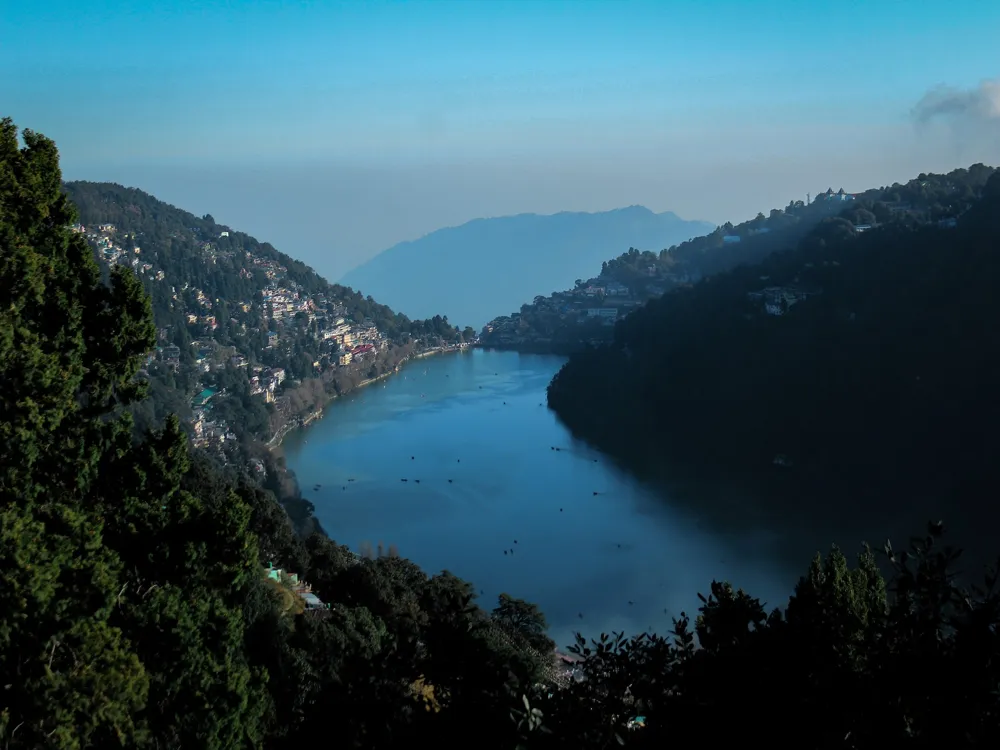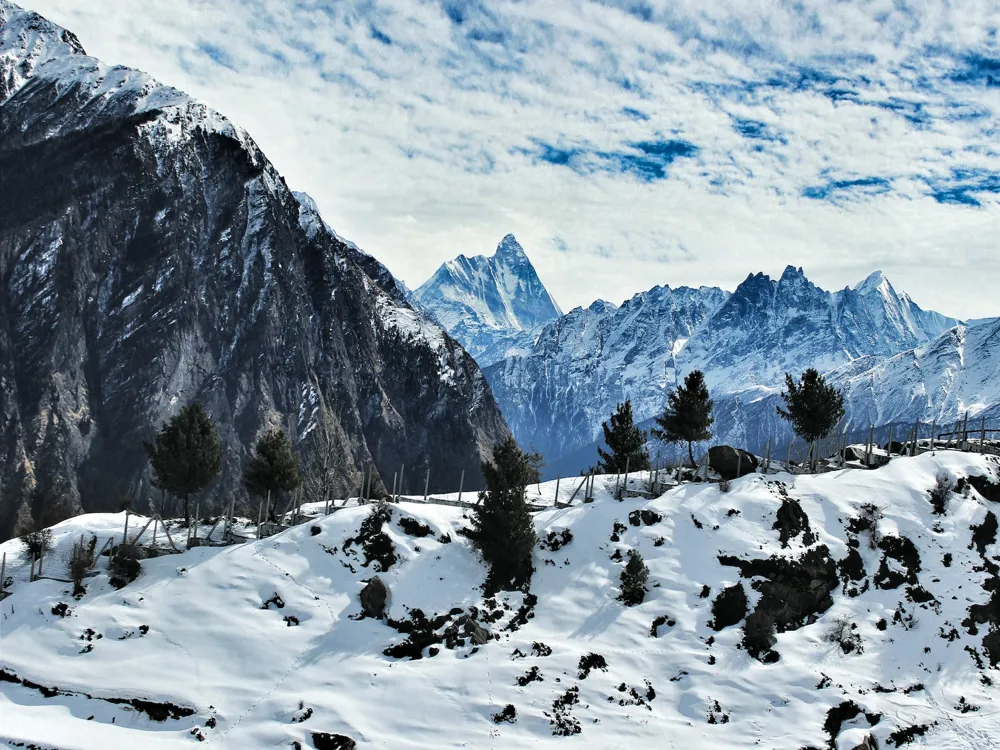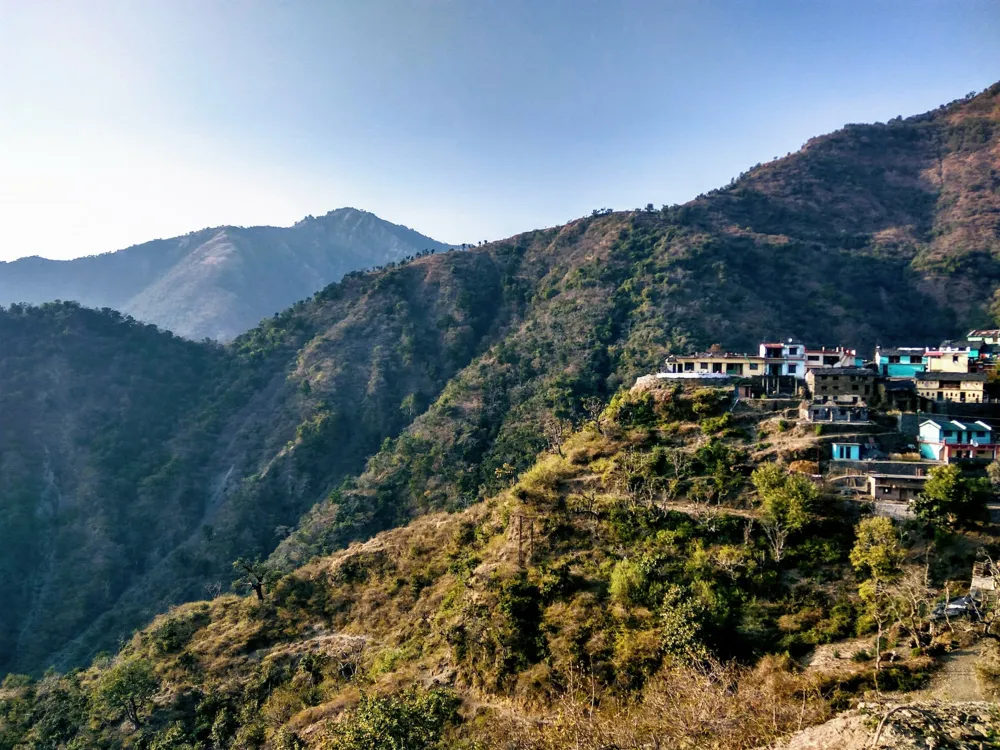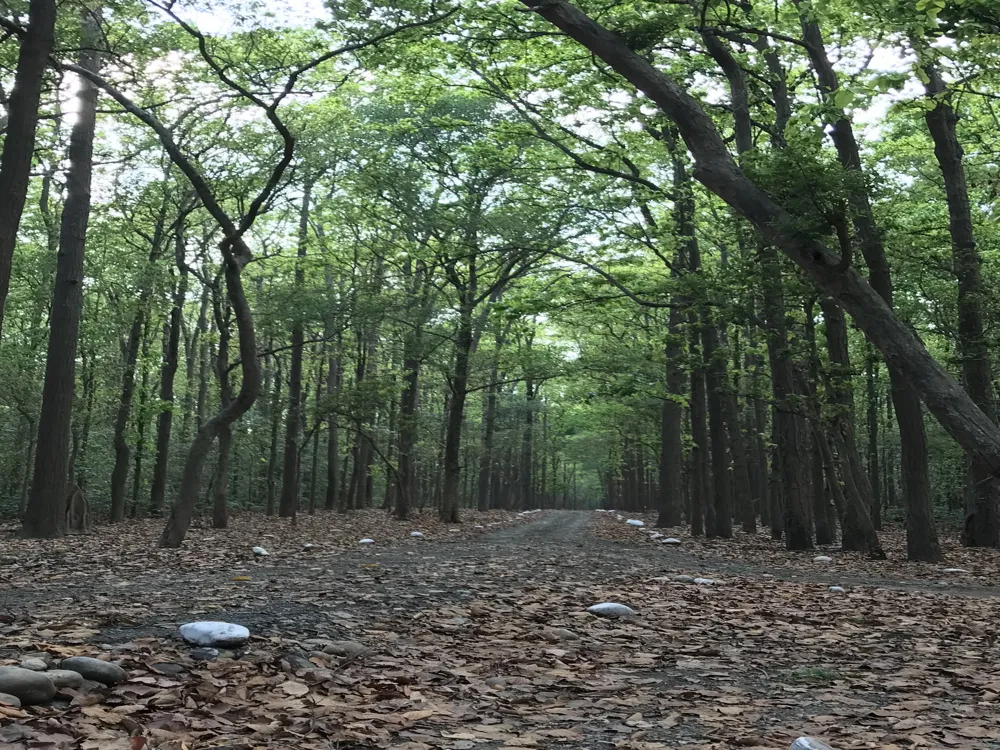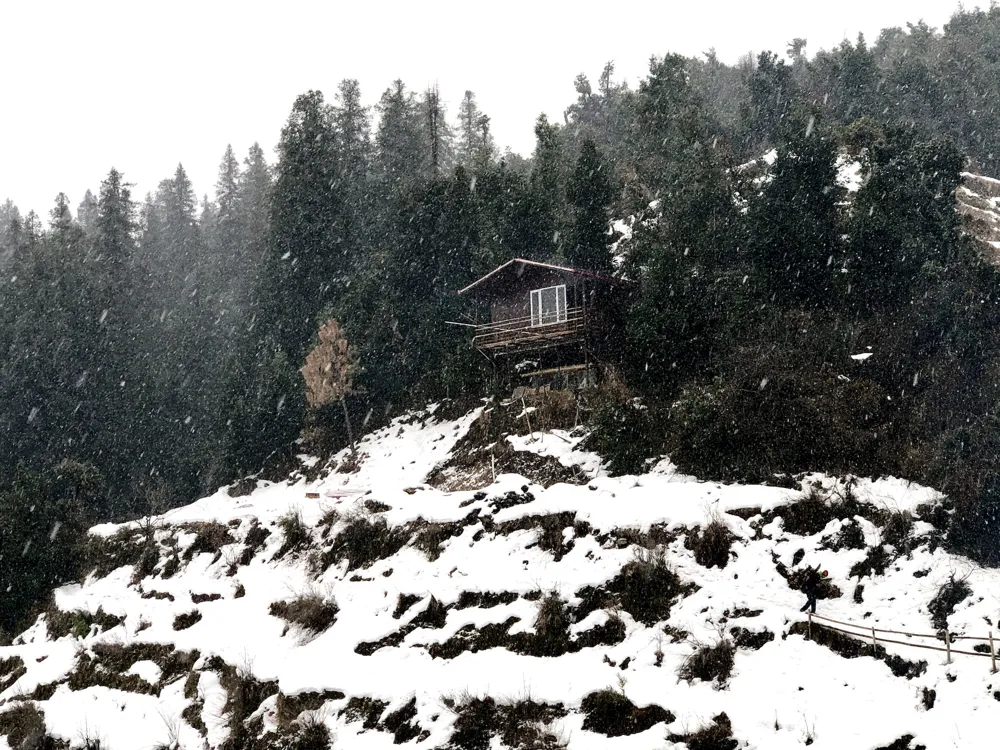Nestled in the heart of Haridwar, Uttarakhand, Kushavarta Ghat holds a prominent place in the tapestry of Indian spirituality and culture. This ancient ghat, situated on the banks of the Ganges River, is not just a physical location but a symbol of the deep-rooted religious beliefs and practices of Hinduism. Haridwar, known as the 'Gateway to God', is one of the seven holiest places in Hinduism, and Kushavarta Ghat plays a crucial role in this sacred landscape. The history of Kushavarta Ghat is steeped in mythological tales and historical events. According to Hindu mythology, this is the place where the Ganges, descending from the locks of Lord Shiva, enters the plains for the first time. The ghat has been a witness to countless religious ceremonies and rituals for centuries. It is a focal point for pilgrims during the Kumbh Mela, one of the largest religious gatherings in the world, occurring every twelve years. The daily life at Kushavarta Ghat is a fascinating blend of the spiritual and the mundane. Every morning and evening, the ghat comes alive with the sounds of ringing bells, chanting priests, and devotional songs during the Ganga Aarti, a ceremony of worshiping the River Ganges. Devotees take holy dips in the river, seeking purification and salvation, and perform various rituals and pujas. The ghat also serves as a social space where people from all walks of life come together, reflecting the diversity and unity of Indian culture. Beyond its religious significance, Kushavarta Ghat is also an emblem of India's rich cultural heritage. It has been a source of inspiration for poets, artists, and thinkers throughout history. The ghat's architecture, with its steps leading down to the river, provides a stunning backdrop for cultural and spiritual activities. The interplay of light and shadow on the waters of the Ganges during sunrise and sunset at Kushavarta Ghat presents a mesmerizing view, captivating the hearts of both devotees and tourists alike. The architecture of Kushavarta Ghat in Haridwar is a splendid example of the synthesis of nature, spirituality, and human ingenuity. The ghat, primarily constructed of stone and concrete, stands as a testament to the architectural skills of ancient Indian builders. The steps of the ghat, known as 'Ghats', are designed to facilitate easy access to the waters of the holy Ganges for the multitude of devotees who visit this sacred site. One of the striking features of the Kushavarta Ghat's architecture is its tiered structure. The steps lead down to the river in a series of terraces, each providing a unique vantage point to view the river and the rituals performed on its banks. This design not only creates a visually appealing structure but also serves a practical purpose. During the monsoon season, when the river swells, the upper tiers remain accessible, ensuring the continuity of religious practices. The ghat's architecture is not just functional but also carries symbolic meanings. The steps, descending towards the river, represent the journey of life towards purification and liberation. The ghats are adorned with various temples and shrines, each dedicated to different deities and saints, adding to the spiritual ambiance of the place. The harmonious blend of architecture and spirituality at Kushavarta Ghat provides a serene and contemplative environment for the devotees. Over the years, the architecture of Kushavarta Ghat has undergone several renovations and expansions to accommodate the growing number of pilgrims. However, these changes have been carefully managed to preserve the ghat's historical and cultural integrity. Modern amenities have been added to enhance the comfort and safety of visitors while retaining the traditional aesthetic of the ghat. Visitors are advised to dress modestly when visiting Kushavarta Ghat, keeping in mind the religious significance of the site. Traditional Indian attire or conservative Western clothing is recommended. It's important to show respect towards the religious practices and rituals at the ghat. Observers should maintain decorum, avoid loud conversations, and be mindful of worshippers during ceremonies like the Ganga Aarti. Given the crowd, especially during festivals, it's vital to take care of personal belongings. Also, while taking a dip in the Ganges, be cautious of the river's current and depth. Kushavarta Ghat in Haridwar is well-connected and easily accessible through various modes of transportation. The nearest airport is the Jolly Grant Airport in Dehradun, which is approximately 35 kilometers away. Regular flights connect Dehradun with major cities in India. For those preferring to travel by train, Haridwar Railway Station is the nearest railhead. It is well-connected with major cities across India. From the railway station, the ghat is a short distance away and can be reached by local transport like auto-rickshaws or cabs. Haridwar is also accessible by road. State-run and private buses ply regularly from neighboring states and cities. For those driving, Haridwar connects to national highways and has a good road network. Once in Haridwar, Kushavarta Ghat is easily reachable through local transport. Read More:Overview of Kushavarta Ghat, Haridwar
Architecture of Kushavarta Ghat
Tips When Visiting Kushavarta Ghat
Dress Appropriately
Respect Local Customs
Health and Safety Precautions
How To Reach Kushavarta Ghat
Kushavarta Ghat
Haridwar
Uttarakhand
NaN onwards
View haridwar Packages
Weather :
Tags : Waterfront
Time Required : Less than 1 hour
Planning a Trip? Ask Your Question
Haridwar Travel Packages
View All Packages For Haridwar
Top Hotel Collections for Haridwar

Private Pool

Luxury Hotels

5-Star Hotels

Pet Friendly
Top Hotels Near Haridwar
Other Top Ranking Places In Haridwar
View All Places To Visit In haridwar
View haridwar Packages
Weather :
Tags : Waterfront
Time Required : Less than 1 hour
Planning a Trip? Ask Your Question
Haridwar Travel Packages
View All Packages For Haridwar
Top Hotel Collections for Haridwar

Private Pool

Luxury Hotels

5-Star Hotels

Pet Friendly







